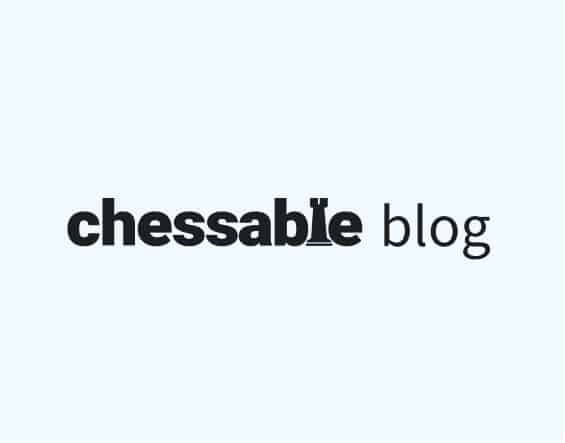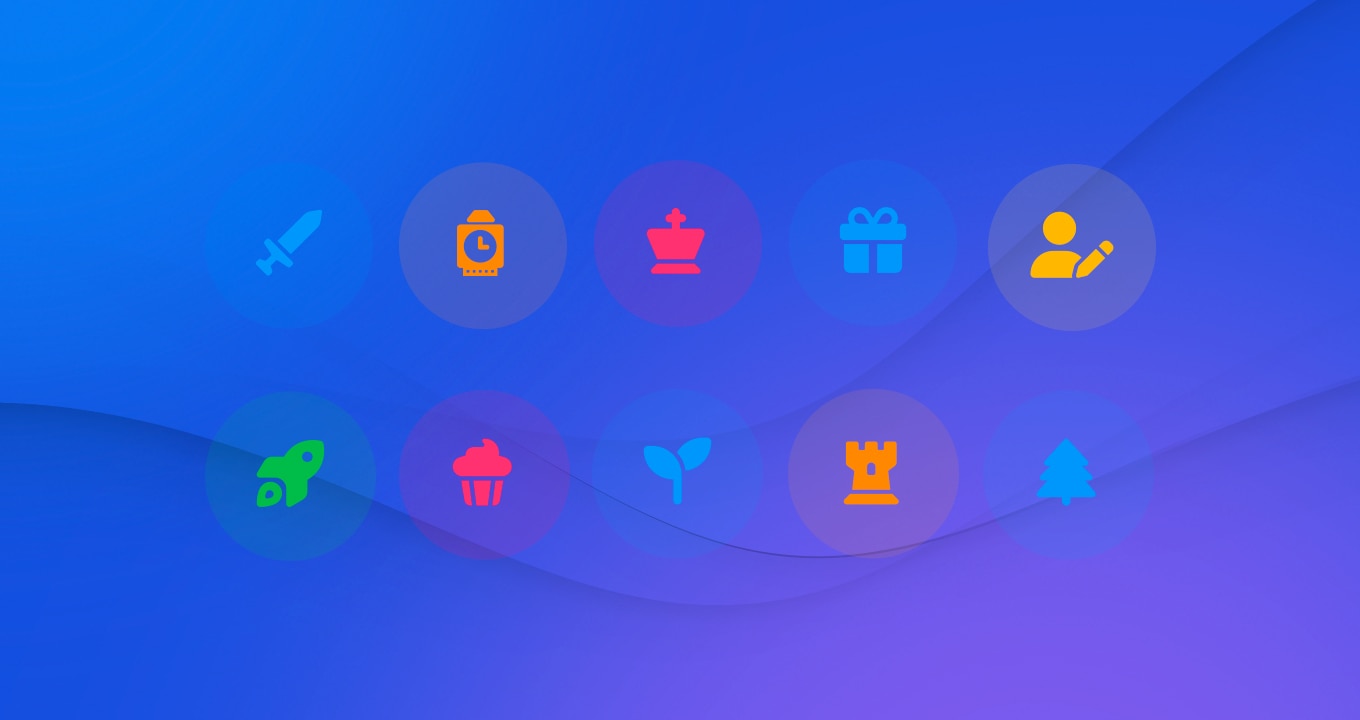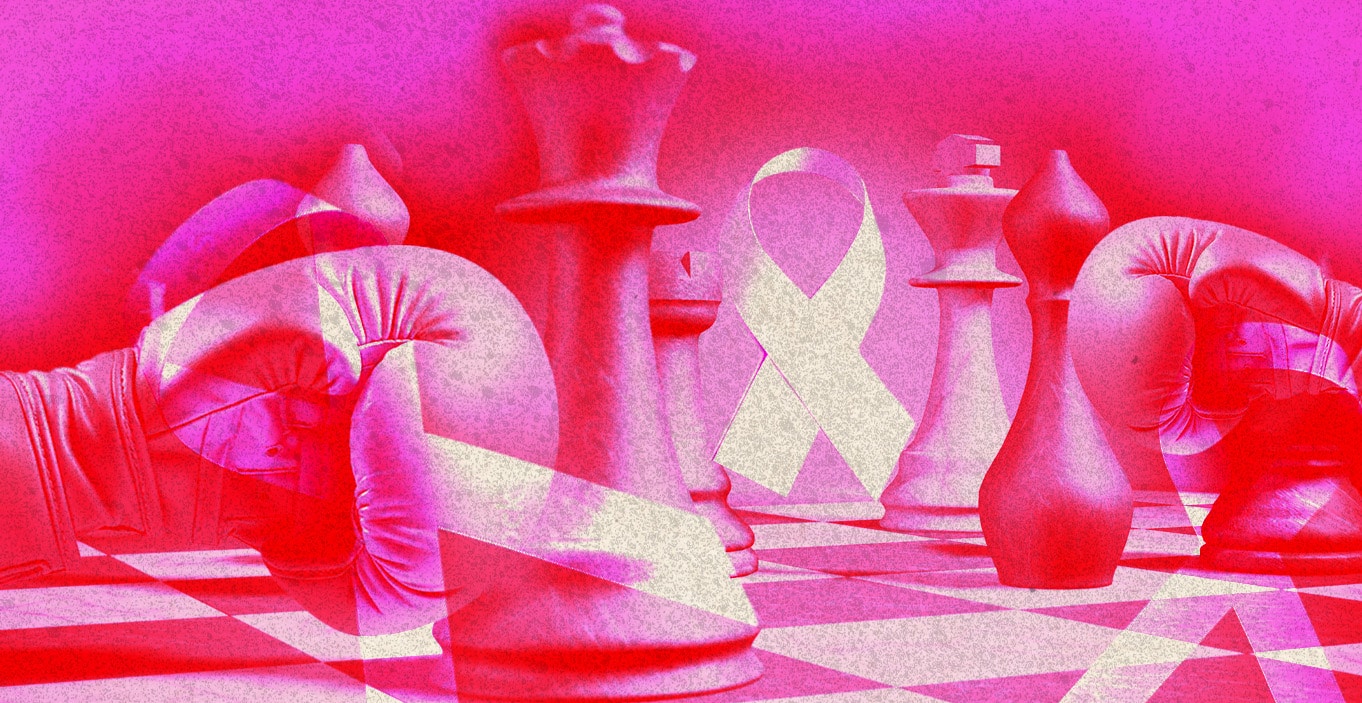It’s the bedrock of all chess play, yet it often goes underappreciated amid the glory of dramatic tournaments and online blitz streaming: chess education.
But each year, the University of Texas at Dallas takes time to honor the extraordinary members of the chess community who contribute to the royal game in this most fundamental and important of ways.
And with the UT Dallas being home to one of the top collegiate chess clubs in America, we at Chessable were elated to hear that one of our own was chosen to be their 2022 Chess Educator of the Year: Chessable scientist Karel van Delft.

As Chess Educator of the Year, Karel finds himself in good company – past recipients of the award include Susan Polgar, Bruce Pandolfini and Jonathan Rowson. But his accomplishments surely make him worthy of this league.
From Hobbyist to Chess Educator of the Year
Though Karel had been interested in chess from a young age, his interest really piqued when his son Merijn took up the game.
As a student of psychology, Karel was surprised at the lack of resources available regarding psychological applications to chess training. But this didn’t stop him from giving Merijn – who is now an International Master and chess author himself – the best chess training possible.
Using the networking skills he picked up as a journalist, Karel got in touch with experts in the field – including renowned trainers like Mark Dvoretsky – to understand the best practices for developing chess talent.
His growing expertise quickly turned a small neighborhood circle into the Chess Academy of Apeldoorn, one of the premier chess schools in the Netherlands. His success story there and in Dutch elementary schools helped him pen the ultimate resources on training and building a winning chess culture: Developing Chess Talent and Chess for Educators: How to Develop a Meaningful Chess Teaching Program.
Read more about Karel van Delft here
2022 Chess Educator of the Year and Beyond
Upon hearing the news, we asked Karel to sit down with us and talk about the award. He was very gracious to do so, and gave us a peek into his presentation at the award ceremony. Here are some of the excerpts:
On the benefits of chess for children with special needs:
In his teaching at schools, Karel has worked extensively with children that have special needs, such as those with autism or dyslexia. He has found that much like with other children, children with special needs can reap benefits in other aspects of their lives from chess.
Autistic children, for example, thrive when they have structure in their lives, which the world of the 64 squares can bring to them. A dedication to chess can also help them develop a positive self identity. They come to think of themselves not as ‘autistic’ or ‘special’, but rather ‘chess players.’ Like with other children, children with special needs can also learn better emotional and stress management, general cognitive and calculation abilities, and social skills.
And in many cases, they become very good chess players. As Karel explains, whether a child is highly gifted or of special needs does not indicate their chess ability. Some highly gifted children exhibit little chess talent, while some special needs children have the capacity to become very strong chess players. Training and engagement are the main things, he maintains.
On engaging children with chess:
So what are the keys to getting kids interested in chess? He says it’s all about variation, fascination, and participation.
Growing fascination with the game can take many shapes, so it’s important to think outside the box as an instructor. Varying the content is key to keeping children interested, and encouraging them to use chess in creative forms – even artwork, for example – can particularly help grow fascination with the game.
The last element – participation – is beneficial for not only engagement, but also learning outcomes as well. In fact, one of Karel’s favorite techniques is having students “be the trainer themselves.” He encourages instructors to get students to share what they learned – such as analysis of their own game – to increase their sense of self-worth and generate interest and participation from their classmates. “Don’t be afraid to postpone the lesson you prepared until next week if a student wants to share what they learned – your material can always wait until later,” he says.
In his words, one of the most important skills as an instructor is empathy. This is as true as it is for autistic children as it is for highly gifted children. In fact, the approach to teaching these two types of students is essentially the same, he says – as respecting the student and having empathy for them is the common thread that works among all types of learners.
On current and future projects:
Though Karel continues to be an active teacher and organizer in Dutch schools and the Apeldoorn Chess Academy, his research interests also continue. Serving as Chessable’s science project manager, he has been involved with studies such as the Chessable gender gap study in collaboration with Durham University.
His current focus, however, is on e-learning, particularly in maximizing the benefits of online group lessons, such as with Chessable Classroom.
We wish Karel congratulations again on his award as Chess Educator of the Year, and look forward to writing about his accomplishments more in the future!





